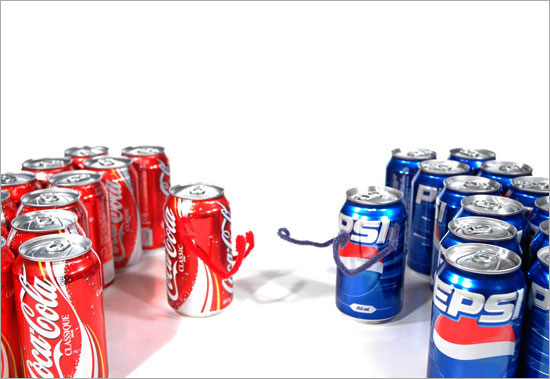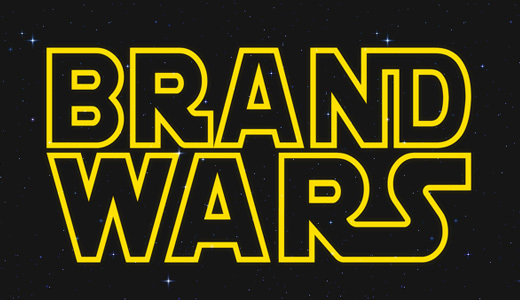We’re delighted to post our first-ever guest post on a topic we can’t get enough of–the role of emotion in creating connection with companies. Not only do emotions create brands–but fresh research shows that we turn to brands to express our emotion! Read on for new findings on this fascinating connection via Adam Gordon, Chief of Strategy at The Oya Group, a Bay Area-based strategic creative agency.

Did you know that couples use them to argue with each other? It’s true. According to a recently published study, couples use brands to communicate frustration and opposition. With over 20 years in marketing I thought I understood just how powerful a brand was, yet this was one of the most surprising things I have learned about them.
When you work with brands you learn just how pervasive and powerful they are, and this study showed me that it goes beyond even what I thought. It’s amazing when we thought we knew something really well, then some new aspect of it suddenly presents itself. It’s one of the funnest parts about working in marketing; you learn to expect the unexpected. Whether we, as marketers, like to admit it, very little in marketing is predictable, which means that you have to always stay open to the new.
I got an unexpectedly large surprise when I heard an interview on NPR by Shankar Vedantam (11/16/16) with Gavan Fitzsimons of Duke University. He and his colleague, Danielle Brick of the University of New Hampshire stumbled across a completely unexpected “use” of brands.
Couples use them to argue with each other.
What? Yes, it’s true.
“Well, the study finds that love can shape the course of brands, and brands can shape the course of love,” says Mr. Vendantam.
According to Professor Fitzsimons,
“When people are frustrated, they make dramatically more choices that are oppositional, that are against what their partner would want them to buy. So if my wife is a Diet Pepsi fan, and she has frustrated me in some way, I will choose Diet Coke. And in fact, we find that oftentimes, people in the frustrated conditions will actually choose brands they personally don’t like to spite their partners.”
If we ever doubt the emotional power of brands, this should set those doubts to rest. Whether in a B2C or B2B context, brands communicate at a deep emotional level and, for me, this study provided the ultimate proof of that.
And there’s more. Not only will people use brands to communicate or act out on their displeasure with their partner, they will also use them in a defiant manner–even if their spouse doesn’t know about it.
According to Mr. Vedantam, “So you’re frustrated with your partner. You know your partner likes Starbucks coffee. So on your way to work, you stop and buy coffee at Dunkin Donuts. No one other than you knows about this act of defiance. The researchers find a couple of things that are interesting here. The people who are likely to behave this way are often people who feel powerless in their relationship. So, you know, you feel you’re not being heard. You express your frustration through this kind of low-key oppositional behavior. The second thing that they find is that people often feel better after these acts of defiance. So it may be some kind of venting mechanism.”
Totally unexpected use of brands, no? As a marketer, of course, the question I have is, how we can use this? Perhaps we can’t. Perhaps we shouldn’t. Either way, I can’t think of a more powerful example of how ubiquitous and pervasive brands are today–they have truely become an integral part of our emotional landscape.
Indeed, the attachment to, and awareness of brands becomes part of our psychological makeup. Professor Brick puts it well when she says,
“Marketers assume consumers are making brand choices consciously and deliberatively, when often, factors outside consumers’ conscious awareness and control are impacting their decisions.”
Yes, brands–whether B2B or B2C–become part of our culture and psychology. Those of us who work with brands are playing with awesomely powerful tools. It’s good to be reminded of that.



